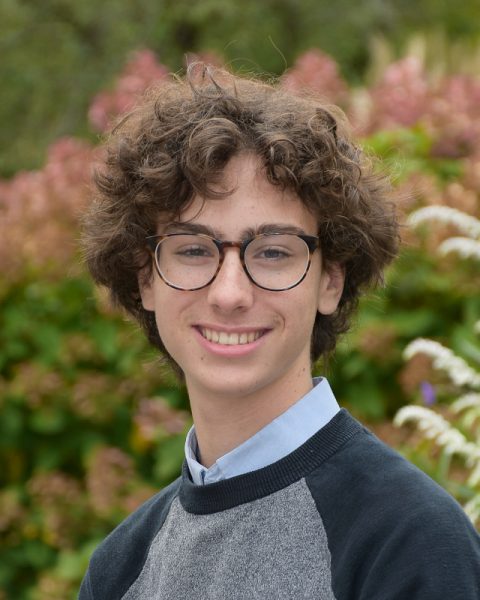
After four years of an exchange program with the Northlands School in Buenos Aires, Argentina, the School has put a pause on it to search for more expansive options.
Established in 2017 by Spanish teacher Mirna Goldberger, who attended Northlands as a student, the program was initiated to expand student opportunities and experiences.
“I always believed that there should be a program,” Goldberger said. “It started slowly with the School looking for people that had connections to schools around the world, and being that I was in Boston, one of my close friends suggested that Northlands School would contact me.”
The program facilitated a one-for-one student exchange with Northlands School, a private international institution. During the winter, Northlands students would attend Brimmer, while in the summer, Brimmer students would reciprocate by studying at Northlands.
Both sets of students would get to explore Boston and Buenos Aires respectively.
According to Goldberger, the program was a huge success.
“I only have positive things to say [about the program],” Goldberger said. “Going there is also a lot of fun because Argentina is a Latin country and they value friendships immensely, celebrating together, and the meaning of the connections there are very strong.”
Goldberger also stressed the benefits of having exchange students spend time at Brimmer.
“Even when the kids visited here, the community benefited,” Goldberger said. “The kids that weren’t even part of the program kind of got a glimpse of what it’s like for another child from a different place to adjust to a completely different environment.”
For Zaina Deshpande ’25, participating in the program last year yielded mixed results.
“There was definitely some positives, but I feel like overall it could have been a little bit better coordinated,” Deshpande said. “There was a lot of down time that we had just because it was exam season for them. So we were kind of just by ourselves for quite a bit. But overall it was really fun to get to meet new people and learn in a different environment.”
Upper School Head Joshua Neudel acknowledges that the program had both strengths and weaknesses.
“[The positives] are getting to meet kids from other parts of the world, learning about cultural differences, sort of stepping outside and sort of meeting the goals of our global mission in that way,” Neudel said. “I think the challenges are when you’re working with another school that has different sort of missions and different values, things like that, there’s always going to be challenges associated with that.”
Goldberger also acknowledged that there were some issues with the latest group, specifically with exchange students leaving campus without permission.
“I think the cohort of the kids that came, was not well vetted on their end and I think any given year you could have one, two, or three people that may not follow the kind of expectations of a program,” Goldberger said.
Goldberger also said that parents went directly to Neudel about any issues with the program, instead of working with her to resolve problems.
“The parents did not [talk with me], even though I contacted the parents, the parents did not even relay to me any kind of complaint, they went straight to Mr. Neudel,” said Goldberger.
Goldberger claims she was never specifically told why the program went on pause.
“I was just told by Mr. Neudel to put a pause button and I was not given a reason,” Goldberger said.
However, when speaking with The Gator, Neudel offered a clear reason for pausing the program, citing a search for more expansive options, as well as the aforementioned complaints from involved families.
“We’ve got different feedback from parents and students around the program thinking about ways to improve it,” Neudel said. “And I think we were able to sort of dip our toes into seeing what exchange programs are like. And now we want to see what a fuller program might look like versus a one-off type of piece.”
In terms of the future of the program, both Neudel and Goldberger hope that it can make a return.
“We’re pushing pause this year,” Neudel said. “I think the hope is that the following year, if we’re going to continue, we would have to have a different program.”




















































